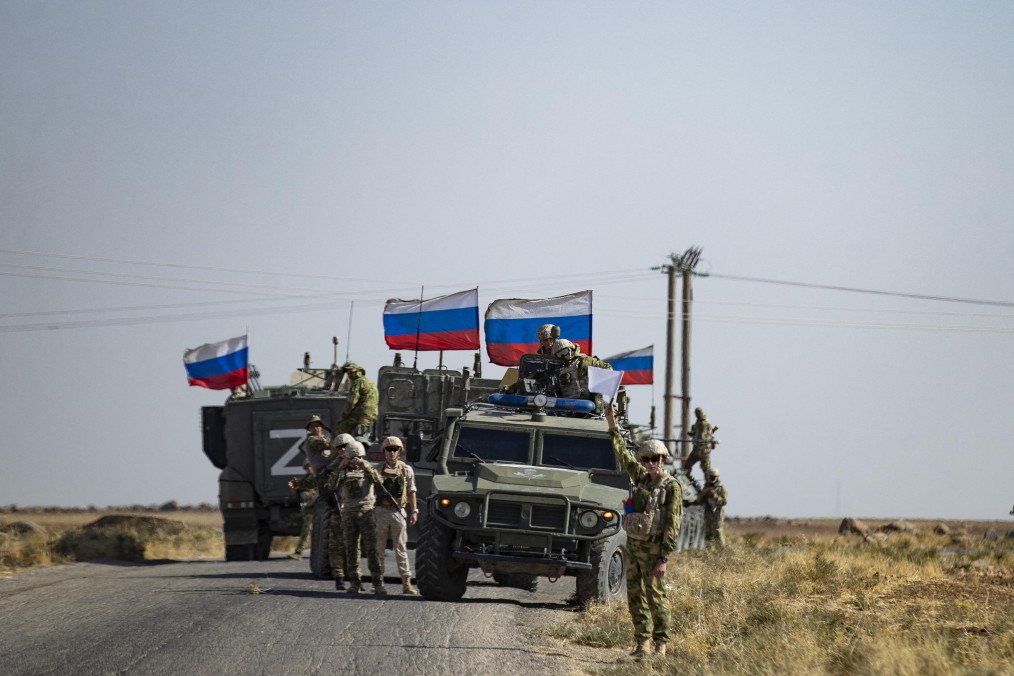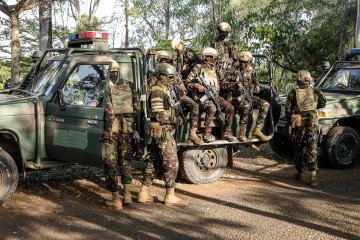- Category
- Latest news
Russia’s Military Presence in Africa Weakens After Withdrawal from Syria

Two African nations—Sudan and Libya—have taken steps to limit Russian military presence, complicating Russia’s efforts to maintain influence on the continent following the collapse of Bashar al-Assad’s regime in Syria.
According to Newsweek, Sudan rejected a Russian proposal to establish a naval base in Port Sudan on the Red Sea coast. The report, citing a Sudanese intelligence official, stated that Russia offered an S-400 anti-aircraft missile system to persuade Sudanese authorities. However, concerns over potential Western retaliation led to the refusal.
In Libya, Prime Minister Abdul Hamid Dbeibeh emphasized his government’s opposition to unauthorized foreign military activities. During a recent conference in Tripoli, Dbeibeh stated: “No patriotic person accepts the entry of a foreign country and the imposition of its hegemony. We will not allow Libya to become an international battlefield. Any foreign force entering Libya without official agreements and permission will face resistance.”
The overthrow of Bashar al-Assad has raised questions about Russia’s ability to retain its strategic military installations in Syria, particularly the Tartus naval base. Reports suggest that Moscow is considering scaling down its presence in Syria, redirecting focus toward alliances in the Maghreb and northeastern Africa to maintain regional access and supply routes.
Kremlin spokesperson Dmitry Peskov stated that Russia is in discussions with Syria’s new leadership to secure its military installations. Meanwhile, Italian Defense Minister Guido Crosetto expressed concerns over Russia’s movements, noting: “Russian ships and submarines in the Mediterranean are always a concern, especially if they are positioned closer to Europe.”
Prime Minister Dbeibeh reiterated Libya’s position, emphasizing that military transfers must adhere to agreements between nations. “Forces entering against the will of the Libyan people will not be tolerated,” he added.
Earlier, the regime of Bashar al-Assad in Syria collapsed after rebel forces captured Damascus. The rebels, backed by various opposition groups, succeeded in overthrowing Assad’s government, marking the end of his authoritarian rule. Faced with mounting pressure, Assad fled the country and sought refuge in Russia, where he was granted asylum.




-c439b7bd9030ecf9d5a4287dc361ba31.jpg)



-21f402f6f32da8b0165ae48804a71feb.jpeg)